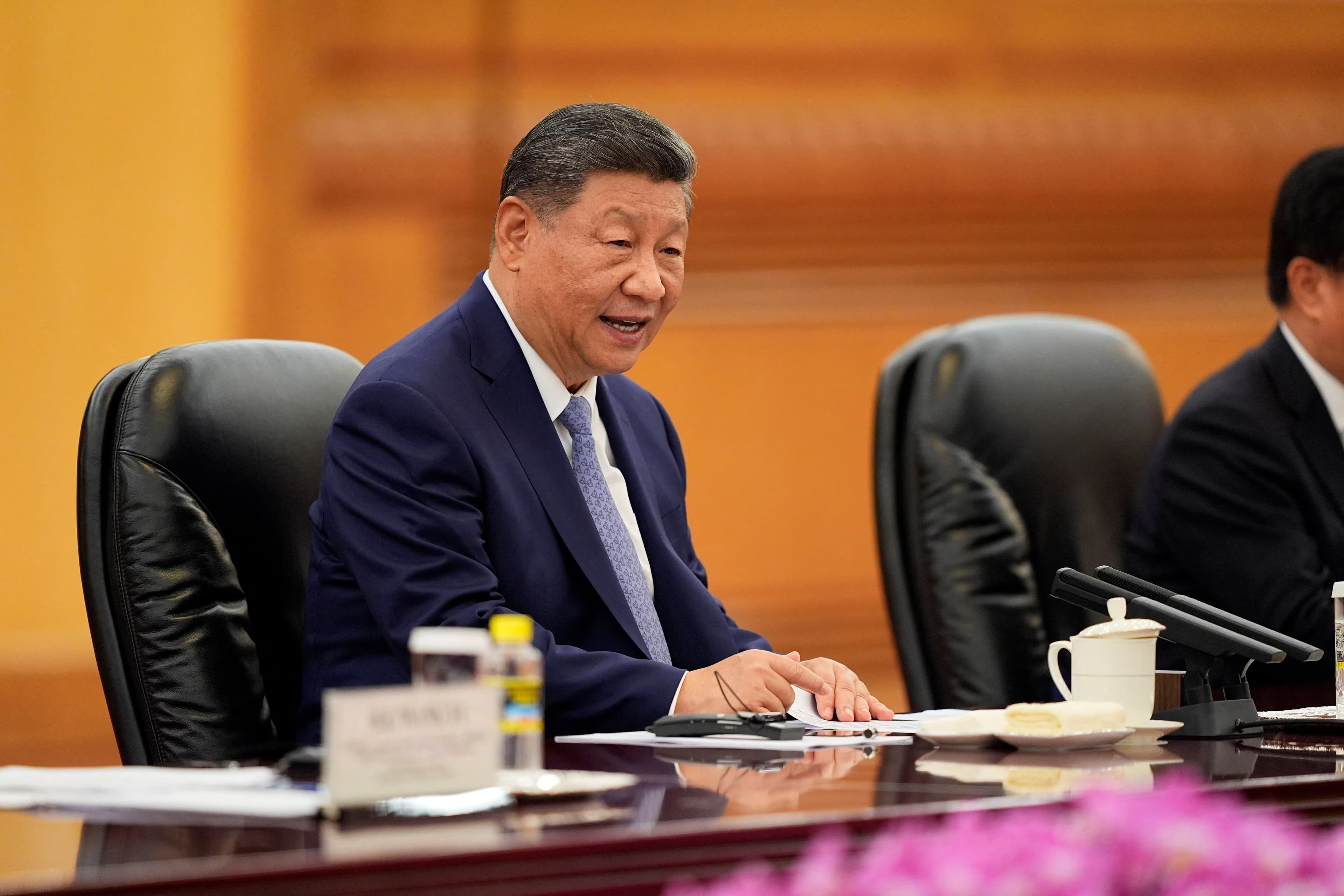We're loading the full news article for you. This includes the article content, images, author information, and related articles.
President Xi's first state visit to South Korea in 11 years, coinciding with the APEC summit, holds significant implications for global trade dynamics, with potential ripple effects on Kenya's key economic partnerships with both Asian powerhouses.

Chinese President Xi Jinping is set to make a landmark state visit to the Republic of Korea (ROK) from Thursday, October 30, to Saturday, November 1, 2025, his first in 11 years. The visit coincides with his attendance at the 32nd Asia-Pacific Economic Cooperation (APEC) Economic Leaders' Meeting in Gyeongju, a gathering of 21 member economies that collectively represent nearly 60 percent of global GDP and almost half of all international trade.
The visit, confirmed by Chinese Foreign Ministry spokesperson Guo Jiakun on Friday, October 24, marks the first meeting between President Xi and South Korean President Lee Jae-myung since Lee took office. The discussions are expected to cover a wide range of critical issues, including bilateral trade, management of global supply chains, advanced technology, and regional security on the Korean Peninsula.
This high-stakes diplomatic engagement unfolds against a backdrop of evolving economic relationships in Asia. While China has been South Korea's largest trading partner for two decades, recent trends show a shift. According to the Korea Customs Service, China's share of South Korea's total exports fell from 25.9 percent in 2020 to 19.7 percent in 2023, while exports to the United States increased significantly during the same period. This diversification has been influenced by geopolitical tensions and a strategic push by Korean firms to reduce supply chain vulnerabilities.
For Kenya, the summit and the bilateral talks carry significant weight. China stands as Kenya's largest trading partner, with bilateral trade reaching a record $2.24 billion in the first quarter of 2025, an 11.9 percent year-on-year increase, according to China's General Administration of Customs. Chinese imports, from electronics to machinery, are crucial for Kenya's infrastructure development, while Kenyan agricultural exports like avocados and tea are gaining popularity in the Chinese market.
Simultaneously, Kenya's economic ties with South Korea are deepening. Diplomatic relations established in 1964 have blossomed into a robust partnership. In November 2022, President William Ruto's visit to Seoul resulted in South Korea committing Sh120 billion to support Kenya's development in agriculture, ICT, health, and energy. Trade between the two nations has also surged; Kenyan imports from South Korea grew from Sh22.3 billion in 2021 to Sh50.2 billion in 2022, while exports to South Korea increased from Sh3.9 billion to Sh6.1 billion over the same period, as reported in the Kenya Economic Survey 2023.
The discussions in Gyeongju on supply chains and technology could influence the strategies of major South Korean firms like Samsung, LG, and Hyundai, which maintain regional headquarters in Nairobi. Any agreements that ease trade tensions or foster stability in the Asia-Pacific region could create a more predictable environment for Kenyan businesses trading with these economic giants and for the broader East African Community (EAC), which counts China as its largest source of imports.
The APEC meeting, themed “Building a Sustainable Tomorrow: Connect, Innovate, Prosper,” will focus on strengthening regional connectivity, promoting digital innovation including AI governance, and pursuing sustainable growth through cooperation on energy and food security. President Xi is scheduled to deliver a key speech at the summit, where leaders from member economies, including the United States, Japan, and Australia, will be present.
A significant bilateral meeting between President Xi and U.S. President Donald Trump is also scheduled for the morning of Thursday, October 30, their first such summit in six years. The talks are expected to address ongoing trade frictions and global economic stability. The outcomes of these high-level discussions will be closely watched by nations outside the APEC bloc, including Kenya, as they will invariably shape the future of global trade, investment flows, and international economic policy.
The summit concludes on Saturday, November 1, after which South Korean President Lee will transfer the APEC chairmanship to President Xi, as China is set to host the 2026 summit. The diplomatic engagements in Gyeongju are poised to set the tone for international economic cooperation for the coming year, with far-reaching consequences for the global economy.
Keep the conversation in one place—threads here stay linked to the story and in the forums.
Sign in to start a discussion
Start a conversation about this story and keep it linked here.
Other hot threads
E-sports and Gaming Community in Kenya
Active 9 months ago
The Role of Technology in Modern Agriculture (AgriTech)
Active 9 months ago
Popular Recreational Activities Across Counties
Active 9 months ago
Investing in Youth Sports Development Programs
Active 9 months ago